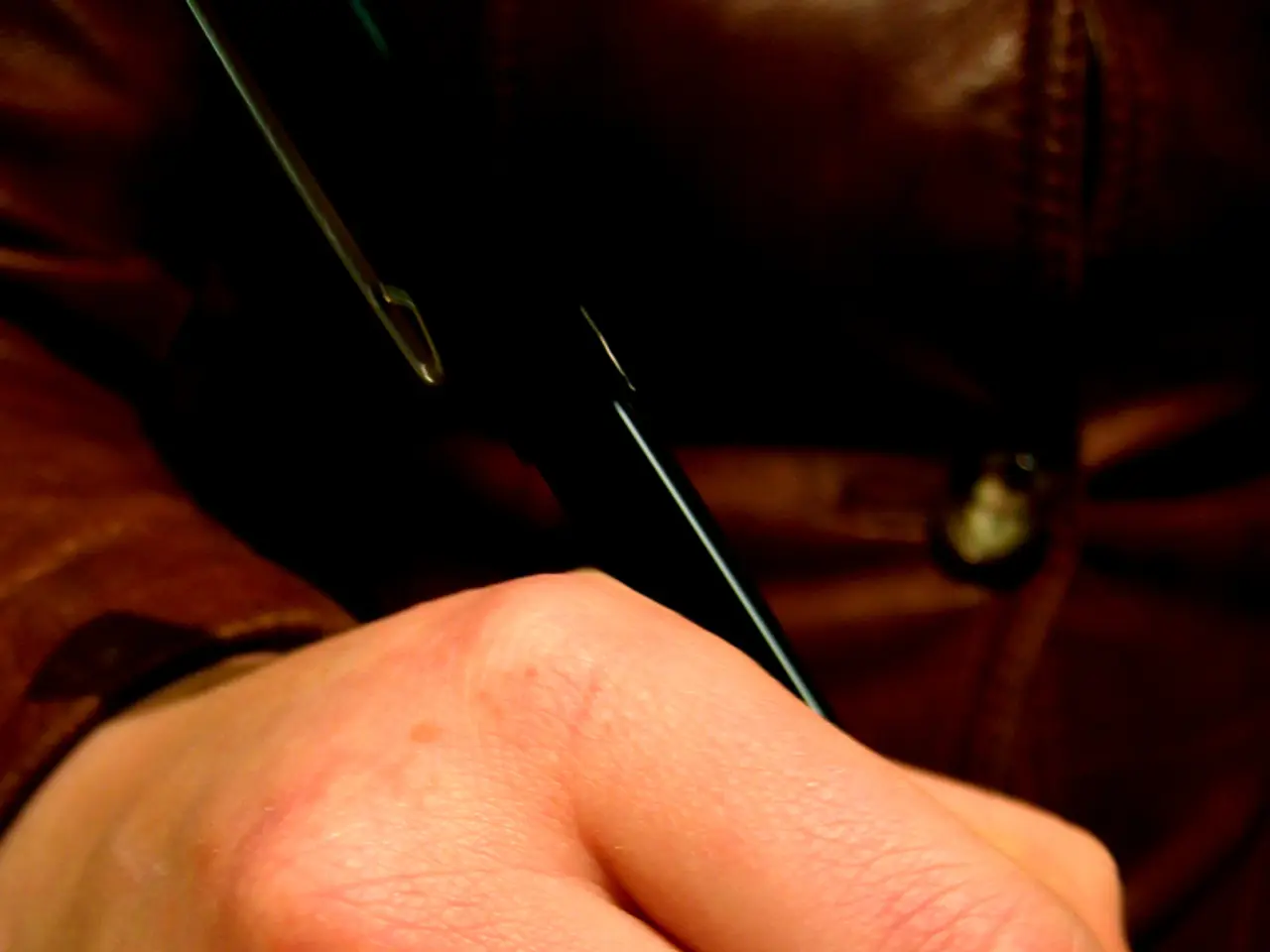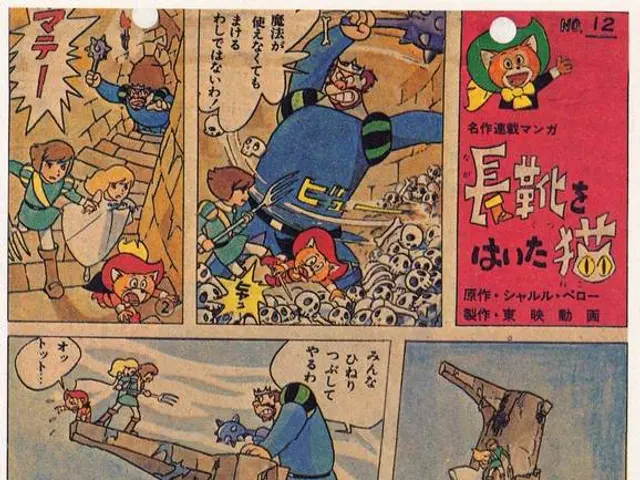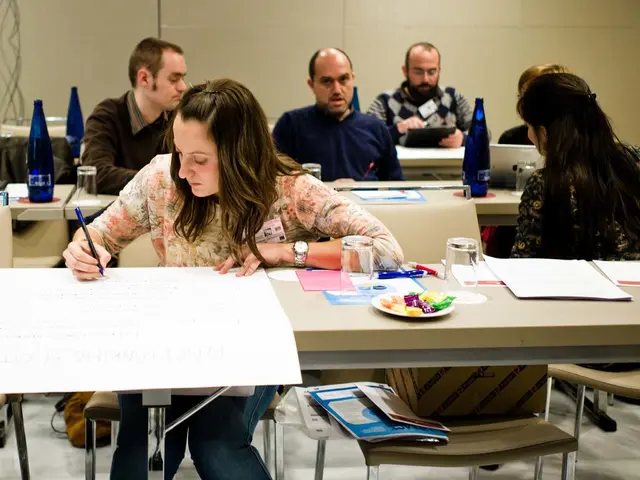Crafting a Fresh Narrative: Gear Up, Pen in Hand, Start Writing
In the world of screenwriting, the line between preparation and procrastination can often blur. However, it is crucial to distinguish between the two to ensure productive progress and avoid unnecessary stress.
Procrastination, characterized by delaying work despite knowing it will cause long-term stress or harm, is a common pitfall for many writers. This behaviour is often driven by fear, perfectionism, anxiety, or distraction. It provides temporary relief but leads to long-term costs, including increased stress and stagnant progress. Writers may avoid starting or continuing their script due to fear of judgment, self-doubt, or the elusive pursuit of inspiration that rarely comes without action.
On the other hand, needing more preparation means consciously gathering ideas, researching, or outlining because you genuinely need more information or clarity to move forward productively. This preparation is purposeful and directly supports your progress, rather than being an excuse to avoid writing. It improves confidence and readiness without causing excessive delay or stress.
To differentiate between procrastination and needing more preparation, ask if your delay serves a clear, strategic purpose, such as developing character backstories or structuring plot points. Assess your feelings: does working cause anxiety but you avoid it, or are you thoughtfully preparing because you recognize gaps in your knowledge or story? Evaluate progress: preparation usually leads to concrete outputs (notes, outlines), while procrastination leads to stagnation and excuses.
In summary, if your pause is intentional preparation that actively supports your script’s development, it’s not procrastination. If you’re postponing writing due to doubts, fear, or distractions without productive outcomes, that signals procrastination. Monitoring your goals and setting small writing commitments can also help break procrastination cycles and distinguish them from genuine prep time.
Remember, art is about getting something down, not just thinking it up. Writing before you're ready can feel daunting, but sometimes faster is better. Writing before you're ready gives permission to write without fretting. So take the plunge, commit to working through a draft, and let your story unfold on the page.
- Actively working on character backstories or structuring plot points can help progress in the world of screenwriting, as opposed to procrastination, which is a delay driven by fear, perfectionism, anxiety, or distraction.
- In the process of screenwriting, gathering ideas, researching, or outlining with a clear, strategic purpose is preparation, whereas procrastination is avoiding work due to doubt, fear, or distraction without productive outcomes.
- To avoid procrastination, evaluate your feelings: if working causes anxiety but is avoided, it may be a sign of procrastination; but if you are thoughtfully preparing because you recognize gaps in your knowledge or story, it's likely legitimate preparation.
- Progress usually leads to concrete outputs like notes and outlines in preparation, while procrastination leads to stagnation and excuses.
- Setting small writing commitments and monitoring goals can help break procrastination cycles and distinguish them from genuine prep time in the field of screenwriting.
- In the realm of storytelling and film, it's essential to remember that getting something down on paper is more important than just thinking it up. Writing before you're ready can sometimes be better as it gives permission to write without worrying too much.
- Ultimately, committing to working through a draft and letting the story unfold on the page is key in lifestyle, education, and self-development, as it reinforces the importance of action over inaction.




